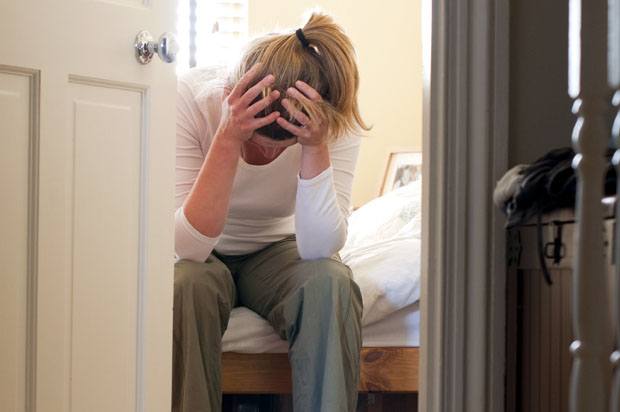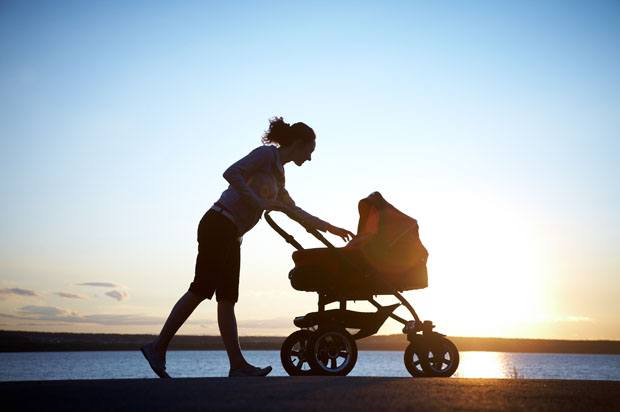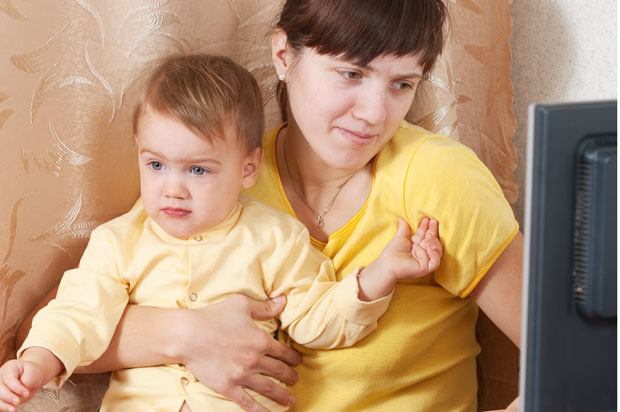Baby immunisations in the UK
Vaccinations are made from a weakened or dead virus and help build up our body’s natural defence system. Because babies are extremely vulnerable to bacteria in the early stages of their lives, they need extra protection. The Mix talks you through baby immunisations in the UK.

Your baby’s routine immunisation schedule
The NHS has a programme for vaccinations that’s recommended for all newborns. Your doctor (GP) or health visitor you can get the details of the current schedule and ask your doctor to send you an appointment reminder when your baby’s immunisation is due. Don’t be afraid to follow up with them to get the info.
Primary immunisations
8 week vaccinations for the baby
They first vaccination for your baby will be at eight weeks-old. After they check that your baby is healthy, the doctor will give them two injections. These are known as DTaP/IPV/Hib and PCV.
Booster vaccinations at 12-16 weeks
If the vaccine isn’t single dose (and a lot of vaccines aren’t), you’ll be asked to bring your baby back for booster doses of the DTaP/IPV/Hib and PCV vaccinations when they’re three and four months-old. They’ll also be offered a MenC vaccination at four months-old to protect against Meningitis C. Just keep in mind that they might be more squeamish since they’re a little older.
MMR
The MMR vaccine is recommended when children are 13 months-old and booster shots are given when they’re between three and five years-old. The vaccine contains weakened versions of measles, mumps and rubella and helps build up the child’s immunity to these viruses. It’s highly recommended by health professionals.
Overview of baby vaccinations in the UK
UK baby immunisations can be a lot to keep track of on top of having a newborn. So, here’s an overview of what your baby needs to get in their first 13 months.
2 months
The doctor will give them their first vaccination of DTaP/IPV/Hib and PCV. These strengthen their immune system and protect them from:
- DtaP – protects against diphtheria, tetanus and pertussis (whooping cough);
- IPV – protects against polio;
- Hib – protects against heamophilus influenzae type B;
- PCV – protects against pneumonia.
Three months-old
The doctors will offer your baby a booster dose of DTaP/IPV/Hib, PCV and their first MenC vaccination.
Four months-old
They’ll get a booster dose of DTaP/IPV/Hib, PCV and MenC (assuming they’ve had the first dose).
Around 12 months-old
This is generally when they’ll get a booster dose of Hib and MenC.
Around 13 months-old
Last but not least, they’ll need to have a booster dose of PCV and the MMR vaccine.
Side effects of baby vaccinations
Most vaccinations have little to no side effects for the child. In very rare cases your baby may be allergic to something in the vaccine. If this is the case, mild side effects include:
- Irritability;
- High temperature;
- Soreness or swelling around the area of skin where they got the injection;
- Sickness or diarrhoea.
Arrange an appointment with your GP immediately if your baby has any kind of bad reaction to the vaccination. They’ll be able to give you specific medical advice.
Other baby immunisations in the UK
Some children might need to have other vaccinations that aren’t in the NHS’s childhood immunisation programme. For example, the flu vaccine or a vaccine that protects against tuberculosis (TB).This can be because they have a chronic condition or are travelling outside the UK. If you’re not sure whether your baby fits that description, always consult your GP.
Next Steps
- Chat about this subject on our Discussion Boards.
By Nishika Melwani
Updated on 02-Jul-2022
No featured article










